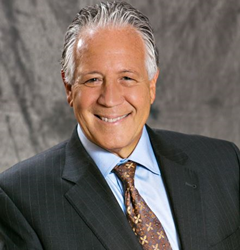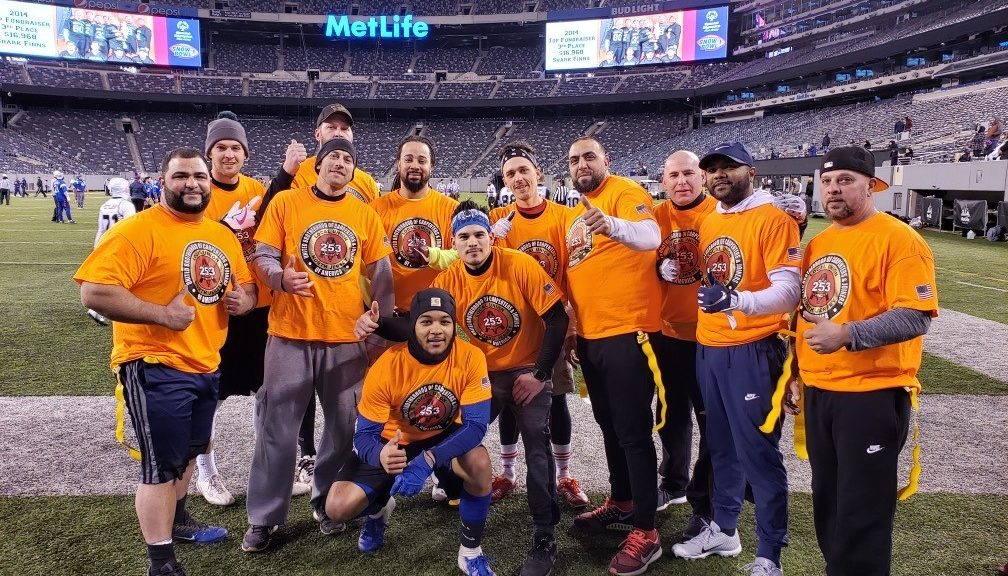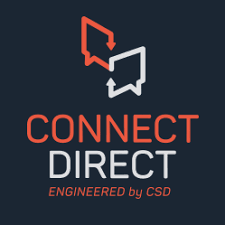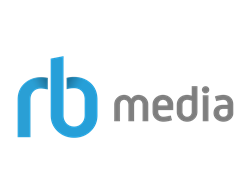Physical distance, though, does not have to mean social distance—even for children with language disorders.
ROCKVILLE, Md. (PRWEB)
March 27, 2020
With social distancing, or more accurately physical distancing, a new way of life as COVID-19 cases grow by the day, people of all ages are challenged to find different ways to connect socially. However, for children with language disorders—who have difficulties with social interactions in the best of times—the physical distance mandated to prevent the pandemic’s spread can be especially challenging, says the American Speech-Language-Hearing Association (ASHA).
“In-person social interactions are now restricted for most Americans—but people have found resourceful and creative ways to extend and strengthen their social bonds,” according to Diane Paul, PhD, CCC-SLP, ASHA Director of Clinical Issues in Speech-Language Pathology. “Children and adults are using technology tools to foster connection and build solidarity: using video platforms for playdates, happy hours, and meetings; sharing relatable memes and jokes through email, social media, and texting; attending streamed worship services, fitness classes, and art and music lessons; and more.”
However, children with language disorders may not be able to adapt as quickly as others, Paul wrote in an ASHA blog post published today. “For example, difficulty with social communication is one of the core characteristics of autism. Such communication problems may be exacerbated by social distancing. Physical distance, though, does not have to mean social distance—even for children with language disorders.”
Speech and language disorders are among the most common disabilities children face—including toddlers and school-age children. Some children may be missing invaluable treatment sessions with their speech-language pathologist during this time, due to logistical, legal, and other barriers to providing treatment. Others may be able to connect via virtual sessions. Although these changes can be stressful, parents can help children interact socially during this time in the following ways:
1. Screen time. Realistically, screen usage will increase while people are sheltering at home. Some research shows that screen time can lead to speech and language delays in children. But TV shows, movies, and social media can be viewed in a way that optimizes social interaction. When possible, use these technologies interactively: Watch shows/movies together, and discuss them (e.g., Who was your favorite character? What do you think will happen next? Why did the show end that way?). Ask kids to introduce you to their favorite video game or TikTok personality.
2. Conversation opportunities. Although families may be together more than usual, parents may be focused on financial, medical, work, and other significant responsibilities and concerns. But conversation-rich opportunities can occur in everyday tasks that are already occurring, such as cooking/dinner prep (following a sequence of steps) or traditional activities that families are rediscovering as everyone hunkers down (e.g., board games offer a chance to talk about rules and turn-taking).
3. Reading. This time of relative isolation can lend more time for reading. But this doesn’t have to be a solitary activity. Families can read to each other and find different types of book online. Young children can play rhyming and word games. Parents can ask older children questions to guide their understanding (e.g., What happened at the beginning, middle, and end of the story? What was the main plot? What motivated each character?)
4. Being with friends and family. The importance of communicating with friends and extended family during this time cannot be understated. Children with language disorders may find phone and FaceTime/Zoom communication more challenging than others. Parents can practice conversations in advance and can suggest topics and related responses (e.g., making comparisons between the weather in different cities; talking about home school experiences). They can involve siblings and discuss ways that they can help their sibling who has a language disorder.
5. Understanding changes. The changes in daily routines may be particularly hard for children with language comprehension and production problems. They may hear alarming news reports or sense the tension of their parent(s)—but they may not have the ability to ask their questions, express their feelings, or speak about this confusing time. Parents can define new vocabulary words (e.g., coronavirus, COVID-19, social distancing, quarantine, sheltering at home) and can explain changes in routine. Parents can establish a new routine, as much as possible, and can involve a child in decision making (e.g., When would you like to call grandma and pop-pop? Which friend should we talk to today? What food would you like?).
6. Creativity. Dance, music, art, and other classes that kids may have been taking in person are now virtual, offering a great opportunity to continue the connection with those teachers and friends. And online drawing, cooking, and other tutorials are plentiful. Low-tech possibilities to use creativity and practice language skills include having a child pick out items around the house and create their own store; planning an indoor camping night (e.g., making a list of what they’ll need, ideas for things they want to do); and planning and planting a garden.
7. Physical activity. Gyms, personal trainers, and community fitness programs are providing content online. Parents and children can use these activities as way to bond together and as topics of conversation (e.g., different types of exercises, healthy eating, connection between physical activity and wellness). Or they can take up a new form of exercise and learn it together via televised on-demand or online programs (e.g., family yoga). Some family-friendly neighborhoods have organized circuit training stops at various houses (posting a different exercise on each front/garage door) so families can get in shape and share a neighborhood-based social activity without actually interacting physically.
8. Humor. Many people have been sharing or receiving humorous COVID-related memes and videos to ease tension and connect with others. Children with language disorders may miss some of these coping opportunities because they tend to miss the nuances of humor. Parents can help them better understand humorous anecdotes or jokes by talking through them. Jokes are a sophisticated form of communication—what a great learning opportunity!
9. Organizing. Some households are undertaking decluttering and organizing projects that have been on the back burner for years. These can be language lessons, too. What items go together? Do you remember when you wore that outfit? Will you play with that toy anymore?
10. Augmentative and alternative communication (AAC). Some children with language disorders use AAC to help them communicate (e.g., letter boards, speech-generating devices). Parents should make sure that kids are using their AAC devices at home, at all times. These devices are not just for school.
Although this is no doubt a difficult time for all, parents can help children with language disorders to keep a safe physical distance without losing social nearness that is so critical to their development. Learn more at http://www.asha.org/public.
Note: This is a modified version of a post originally published via the ASHA Leader Live blog.
About the American Speech-Language-Hearing Association (ASHA)
ASHA is the national professional, scientific, and credentialing association for 211,000 members and affiliates who are audiologists; speech-language pathologists; speech, language, and hearing scientists; audiology and speech-language pathology support personnel; and students. Audiologists specialize in preventing and assessing hearing and balance disorders as well as providing audiologic treatment, including hearing aids. Speech-language pathologists identify, assess, and treat speech and language problems, including swallowing disorders. http://www.asha.org









